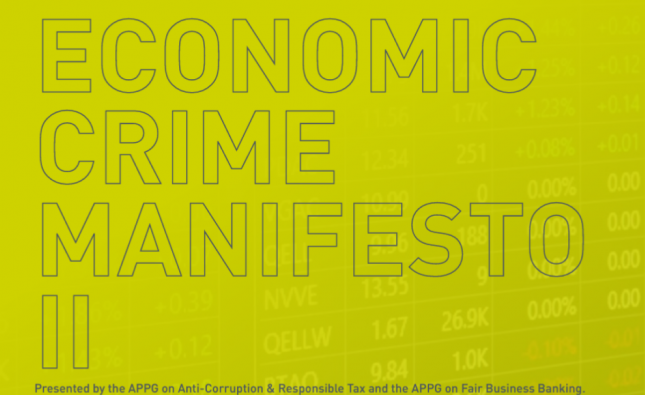Section 7 of the UK Bribery Act 2010 holds organisations accountable for bribery and corruption offences which occur within the organisation. Therefore, to avoid the penalties which could be imposed upon an organisation, adequate procedures and steps to identify if a bribery offence has occurred, must be conducted.
What steps can be taken to identify a bribery offence?
The UK Bribery Act 2010 states that a bribery offence can assume 4 forms:
1) Section 1 of the Bribery Act-The offence of offering a bribe
2) Section 2 of the Bribery Act- The offence of accepting a bribe
3) Section 6 of the Bribery Act- The offence of bribing a foreign public official
4) Section 7 of the Bribery Act- The offence of an organisation failing to prevent bribery by those who work on their behalf
Section 7 of the UK Bribery Act is perhaps the most contentious, as it establishes company liability for a bribery offence which has been conducted by an employee or associated person. Therefore, organisations are now required to identify when a bribery offence has been committed, to protect the organisation against potential fines.
If an employee or associated person has committed a bribery offence, then the organisation initially needs to decide how that individual is related to the company. Section 8 of the UK Bribery Act defines an “associated person” as an individual which performs services on behalf of an organisation. Therefore, third parties and agents, such as consultants, sub-contractors and advisers, are included in the scope of associated persons. An organisation which is in contact with these associated persons is subsequently liable for any corrupt offences which a third-party member might conduct. Consequently, an organisation should carefully choose which third parties they are going to employ.

The Red Flags which can help you to identify corrupt behaviour:
1) Evidence of an employee/ associated person purchasing unusual items on behalf of the company. This sort of behaviour could suggest that an employee and a client of the company are engaging in an usual relationship, especially if there is a large quantity of an item ordered which is unnecessary for the company.
2) The acceptance of poor quality items, which the organisation would not tolerate. If an employee is still allowing the purchasing of such items, it might suggest that a corrupt deal has been arranged between the employee and the supplier.
3) Invoices can expose strange behaviour, therefore an organisation should monitor invoices to check if there is a pattern of unusual invoices. Unusual invoices will be un-flagged and unprofessional, which would suggest they are being used for illegitimate means.
4) If an employee appears to be pushing for a particular transaction or seems unusually invested in a particular business deal, then it suggests that they have a conflict of interest.
5) Expenses can be monitored to expose corrupt activity. If an employee has offered unusual and incomplete travel forms and expenses, then it could be discovered that the individual is using the money from these expenses for improper means.
6) Associated persons pose a high risk to organisations, therefore associated persons and third parties must be analysed for signs of corruption or unusual conduct.
What happens if your organisation doesn’t identify that a bribery offence has been committed?
If an organisation cannot demonstrate that adequate procedures were in place, then they will be subject to an unlimited fine. Furthermore, the organisation might have to consider that the proceeds of its criminal conduct can be confiscated under the UK Proceeds of Crime Act 2002. If the bribery offence which has occurred is severe, then an organisation could also be subject to automatic debarment under the EU Public Procurement Regulation 2004/18/EC.
In July 2018 a US and UK bribery and corruption investigation of Glencore, the Anglo-Swiss multinational commodity trading and mining company, took place. UK authorities began to investigate the corrupt activity of Glencore, with specific investigation into Glencore’s conduct with Israeli billionaire Dan Gertler and the leader of the Democratic Republic of Congo. The Serious Fraud Office (SFO) have lobbied to conduct a full investigation into Glencore’s dealings in the Democratic Republic of Congo. Glencore is based in Switzerland, yet the organisation’s shares are traded in London, therefore the SFO have the right to conduct an investigation. Peter Jones, Senior Researcher/Campaigner for Global Witness, regards the SFO’s involvement in the Glencore investigation as a positive push forward to keep UK-listed corporations responsible for their business overseas. The concerted efforts by UK and US authorities demonstrates the commitment to preventing corruption and bribery in the business sector.
If an organisation can identify a bribery offence before it is too late, then it will be beneficial in the long term. Therefore, knowledge of how to conduct the necessary investigations to uncover corruption in an organisation is vital.


